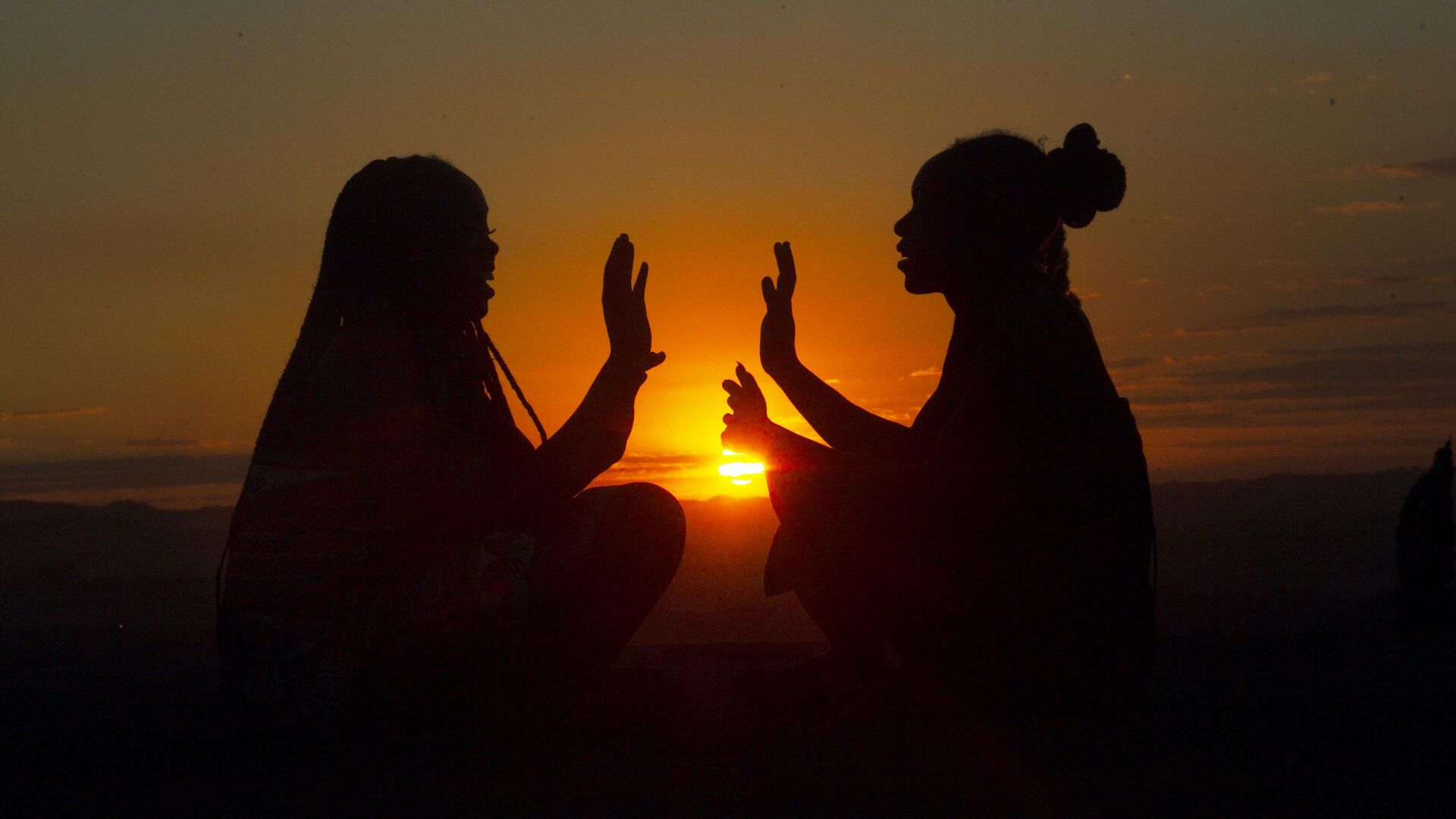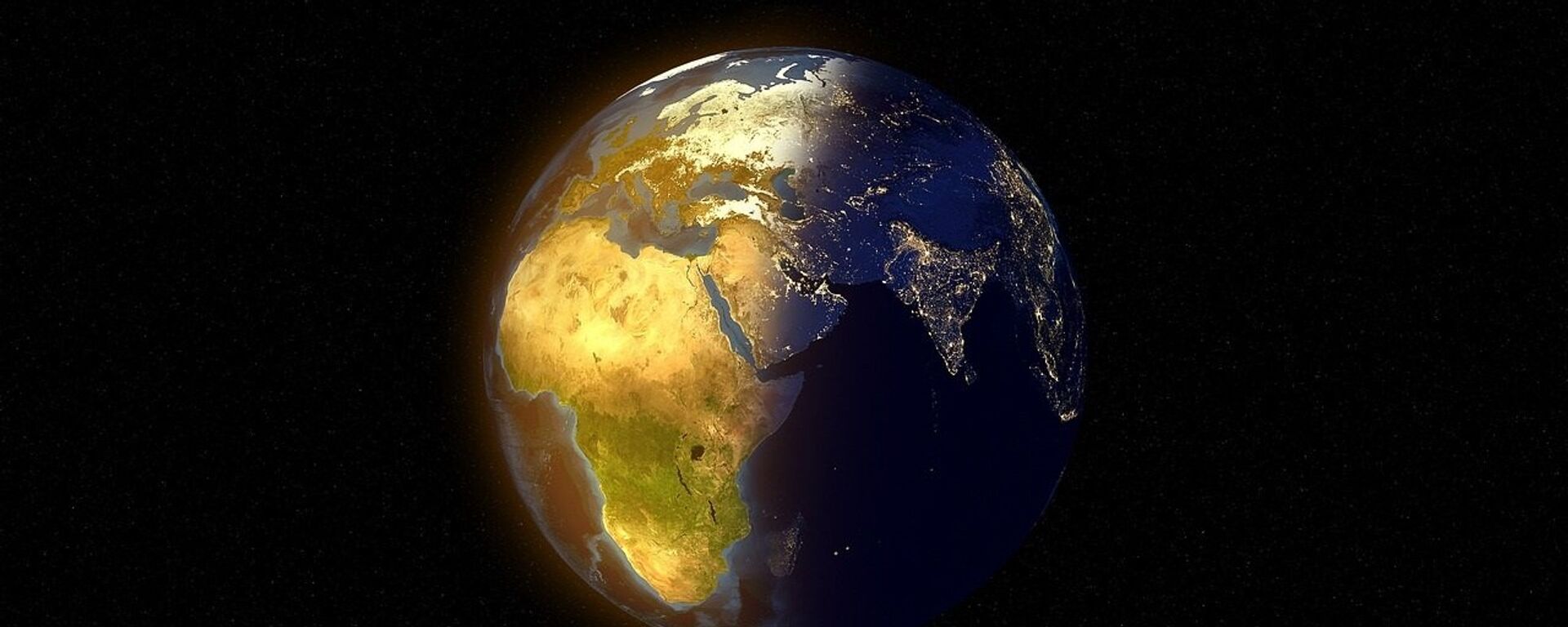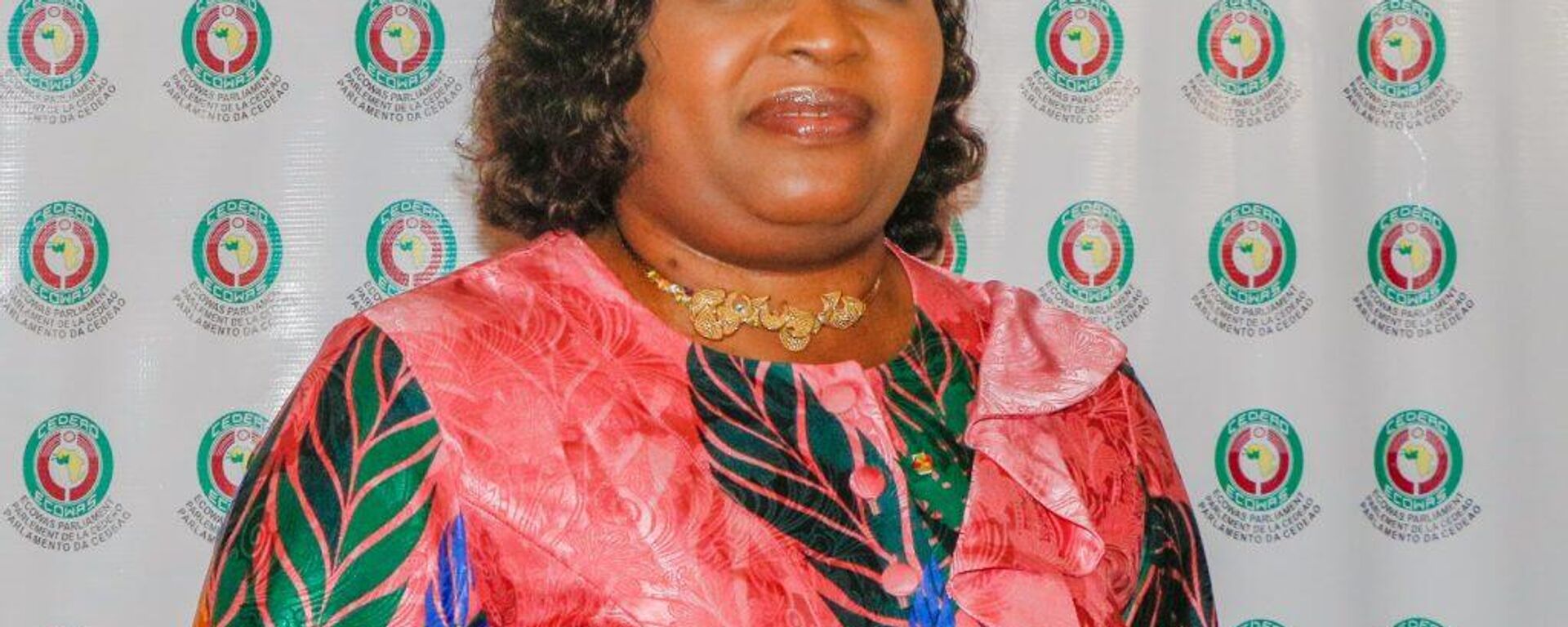https://en.sputniknews.africa/20240525/africa-day-remembering-some-milestones-in-history-of-continents-development--recent-achievements-1066731308.html
Africa Day: Remembering Some Milestones in History of Continent's Development & Recent Achievements
Africa Day: Remembering Some Milestones in History of Continent's Development & Recent Achievements
Sputnik Africa
"I never knew of a morning in Africa when I woke up that I was not happy," wrote Ernest Hemingway. As the continent celebrates its holiday on Saturday, Sputnik... 25.05.2024, Sputnik Africa
2024-05-25T16:35+0200
2024-05-25T16:35+0200
2024-05-25T16:46+0200
features
celebration
united nations (un)
african union (au)
world health organization (who)
antonio guterres
africa day
holidays
colonialism
history
https://cdn1.img.sputniknews.africa/img/07e8/05/19/1066733228_0:160:3072:1888_1920x0_80_0_0_f52f89027220332ae2e3b4964ed46522.jpg
In his celebratory address, the UN Secretary-General Antonio Guterres emphasized that Africa has enormous potential due to its young and growing population, its abundant natural resources, its “breathtaking” beauty and cultural variety. At the same time, he underscored the need to continue to help the continent in its fight against climate change, conflict, hunger, extremism and other problems.The foundation for this holiday was made back in 1958, when the First Conference of Independent African States was held in the capital of Ghana, Accra, with the participation of representatives of eight countries. It formulated a framework and strategy for reinvigorating the decolonization process in the rest of Africa and called for the establishment of African Freedom Day.Five years later, on May 25, 1963, in Ethiopia, the heads of 32 independent states took part in a conference that resulted in the creation of the Organization of African Unity (OAU), now known as the African Union (AU). It declared its objectives to be strengthening the unity and solidarity of African states, improving living conditions, protecting territorial integrity and sovereignty, the final elimination of colonialism, etc. At the same time, African Freedom Day was declared African Liberation Day, the celebration of which was scheduled for May 25. In 2002, the holiday was again renamed by the AU and received its modern name.The main initial goals of establishing this holiday were to draw attention to the complete liberation of Africa from colonial authorities and promote unity and solidarity among the OAU members. Within its framework, demonstrations and fundraising were held to support national liberation movements that fought for independence from European metropolises, as well as racially discriminatory regimes, like apartheid in South Africa.After the completion of the decolonization process, the tradition of celebrating Africa Day was not interrupted. Special events are held every year around the world to draw attention to the continent's contemporary issues.Although the continent is still dealing with some problems, they don't define Africa. What does define it is its steady and remarkable progress that the continent has been showing over those 61 years, despite many challenges it is facing.Leaps and Bounds in HealthcareThe United Nations has projected that Africa's population will reach nearly 2.5 billion by 2050, or more than a quarter of the world's population. This growth is driven by a combination of declining mortality and some of the highest birth rates in the world, which would not have been possible without improvements to the health system.Mortality rates have been decreasing thanks to vaccination, among other things. Africa has achieved significant progress in immunization and fighting infectious diseases — so much so that the World Health Organization (WHO) called it "one of humanity's greatest achievements." Approximately 51.2 million African people have been saved thanks to vaccination since 1974, when the WHO launched the Expanded Program on Immunization initiative that aims to guarantee that all children have equal access to life-saving vaccines.At the same time, the average healthy life expectancy in Africa had a notable increase of ten years per person between 2000 and 2019, according to the WHO, surpassing any other global region. This is a consequence of improvements in the provision of essential health services, reproductive health, maternal, newborn and child health, as well as above-mentioned progress in the fight against infectious diseases.Stable Economic GrowthWith an estimated 3.4% growth in 2019, Africa's economy had one of its longest periods of continuous growth in the continent's history, based on the African Development Bank's estimates indicated in the 2020 African Economic Outlook. According to the UN World Economic Situation and Prospects, consequently, an increasing proportion of Africans are now considered middle class. Although the continent's GDP shrank in 2020 by 2.2%, it rebounded the next year with the remarkable growth of 3.8%. In February, the African Development Bank projected Africa to become the second-fastest growing region in the world after Asia. Last week, the UN forecasted that economic growth in Africa is expected to reach 3.3% in 2024 and 3.9% in 2025, which is above global expectations of 2.7% and 2.8% respectively.Technological Advancements in Different SectorsIn recent years, digital innovation and telecommunications in particular have received tremendous advancements throughout Africa. For example, there has been massive expansion in the use of mobile banking and payment systems, while the number of people using mobile phones is ever-increasing, according to the UN.Additionally, e-government efforts have been launched by governments across the continent, and a number of African nations have established technology ecosystems and digital innovation centers to assist entrepreneurs and startups.Improvements in renewable energy technology, including solar power, have also been "prominent," as described by the United Nations. Agriculture is being revolutionized by technology as well. Precision farming, farmer-specific smartphone applications, and other agri-tech innovations are boosting output per unit of effort.Commitment to Gender Equality Has Borne FruitProgress has been made in promoting gender equality and women's empowerment. Many African countries, as the United Nations noted, have made progress in implementing legal reforms, including laws addressing issues such as domestic violence, child marriage and discrimination in the workplace.The global organization also pointed out efforts that have been made to improve girls' access to education, while adult women have become more represented in politics.The states are also implementing initiatives to empower women economically, which includes microfinance programs, assistance for entrepreneurship, and efforts to improve women's financial resource accessibility. Africa has the highest regional rate of female entrepreneurship in the world, according to the UN, with every fourth woman opens or runs a business.The above are just a few of Africa's achievements — to list them all would probably require writing an entire book. Let's congratulate the continent that has survived centuries of slavery and decades of colonialism for such remarkable results, and wish it success in the fight against the remaining issues!
https://en.sputniknews.africa/20230525/africa-day-looking-back-at-continents-path-to-unity-1059466967.html
https://en.sputniknews.africa/20240524/woman-becomes-head-of-ecowas-parliament-for-first-time-1066721782.html
Sputnik Africa
feedback@sputniknews.com
+74956456601
MIA „Rossiya Segodnya“
2024
Christina Glazkova
https://cdn1.img.sputniknews.africa/img/07e7/0b/07/1063380906_0:0:673:674_100x100_80_0_0_79628b4d0cd9f29291a57aa13bbf9e7a.jpg
Christina Glazkova
https://cdn1.img.sputniknews.africa/img/07e7/0b/07/1063380906_0:0:673:674_100x100_80_0_0_79628b4d0cd9f29291a57aa13bbf9e7a.jpg
News
en_EN
Sputnik Africa
feedback@sputniknews.com
+74956456601
MIA „Rossiya Segodnya“
Sputnik Africa
feedback@sputniknews.com
+74956456601
MIA „Rossiya Segodnya“
Christina Glazkova
https://cdn1.img.sputniknews.africa/img/07e7/0b/07/1063380906_0:0:673:674_100x100_80_0_0_79628b4d0cd9f29291a57aa13bbf9e7a.jpg
celebration, united nations (un), african union (au), world health organization (who), antonio guterres, africa day, holidays, colonialism, history, economy, gender equality, politics, technology, renewable energy , africa in details, sputnik africa
celebration, united nations (un), african union (au), world health organization (who), antonio guterres, africa day, holidays, colonialism, history, economy, gender equality, politics, technology, renewable energy , africa in details, sputnik africa
Africa Day: Remembering Some Milestones in History of Continent's Development & Recent Achievements
16:35 25.05.2024 (Updated: 16:46 25.05.2024) Christina Glazkova
Writer / Editor
"I never knew of a morning in Africa when I woke up that I was not happy," wrote Ernest Hemingway. As the continent celebrates its holiday on Saturday, Sputnik Africa looked at the region's progress — after all, it's vital to recognize both the difficulties and the triumphs, and in Africa, as you will see, the latter are significant.
In his
celebratory address, the UN Secretary-General Antonio Guterres emphasized that Africa has enormous potential due to its young and growing population, its abundant natural resources, its “breathtaking” beauty and cultural variety. At the same time, he underscored the need to continue to help the continent in its fight against climate change,
conflict, hunger, extremism and other problems.
The foundation for this holiday was made back in 1958, when the First Conference of Independent African States was held in the capital of Ghana, Accra, with the participation of representatives of eight countries. It formulated a framework and strategy for reinvigorating the decolonization process in the rest of Africa and called for the establishment of African Freedom Day.
Five years later, on May 25, 1963, in Ethiopia, the heads of 32 independent states took part in a conference that resulted in the creation of the Organization of African Unity (OAU), now known as the
African Union (AU). It declared its objectives to be strengthening the unity and solidarity of African states, improving living conditions, protecting territorial integrity and sovereignty, the final elimination of colonialism, etc. At the same time, African Freedom Day was declared African Liberation Day, the celebration of which was scheduled for May 25.
In 2002,
the holiday was again renamed by the AU and received its modern name.
The main initial goals of establishing this holiday were to draw attention to the complete liberation of Africa from colonial authorities and promote unity and solidarity among the OAU members. Within its framework, demonstrations and fundraising were held to support national liberation movements that fought for independence from European metropolises, as well as racially discriminatory regimes, like
apartheid in South Africa.
After the completion of the decolonization process, the tradition of celebrating Africa Day was not interrupted. Special events are held every year around the world to draw attention to the continent's contemporary issues.
Although the continent is still dealing with some problems, they don't define Africa. What does define it is its steady and remarkable progress that the continent has been showing over those 61 years, despite many challenges it is facing.
Leaps and Bounds in Healthcare
The United Nations has projected that Africa's population will reach nearly 2.5 billion by 2050, or more than a quarter of the world's population. This growth is driven by a combination of declining mortality and some of the highest birth rates in the world, which would not have been possible without improvements to the health system.
Mortality rates have been decreasing thanks to vaccination, among other things. Africa has achieved significant
progress in immunization and fighting infectious diseases — so much so that the World Health Organization (WHO) called it "one of humanity's greatest achievements." Approximately
51.2 million African people have been saved thanks to vaccination since 1974, when the WHO launched the Expanded Program on Immunization initiative that aims to guarantee that all children have equal access to life-saving vaccines.
At the same time, the average
healthy life expectancy in Africa had a notable increase of ten years per person between 2000 and 2019, according to the
WHO, surpassing any other global region. This is a consequence of improvements in the provision of essential health services, reproductive health, maternal, newborn and child health, as well as above-mentioned progress in the fight against infectious diseases.
With an estimated 3.4%
growth in 2019, Africa's economy had one of its longest periods of continuous growth in the continent's history, based on the African Development Bank's estimates indicated in the 2020 African Economic Outlook. According to the
UN World Economic Situation and Prospects, consequently, an increasing proportion of Africans are now considered middle class. Although the continent's GDP
shrank in 2020 by 2.2%, it rebounded the next year with the remarkable growth of 3.8%.
In February, the African Development Bank projected Africa to become the
second-fastest growing region in the world after Asia. Last week, the UN
forecasted that economic growth in Africa is expected to reach 3.3% in 2024 and 3.9% in 2025, which is
above global expectations of 2.7% and 2.8% respectively.
Technological Advancements in Different Sectors
In recent years, digital innovation and telecommunications in particular have received tremendous advancements throughout Africa. For example, there has been massive expansion in the use of mobile banking and payment systems, while the number of people using mobile phones is ever-increasing, according to the UN.
Additionally,
e-government efforts have been launched by governments across the continent, and a number of African nations have established technology ecosystems and digital innovation centers to assist entrepreneurs and startups.
Improvements in renewable energy technology, including solar power, have also been "prominent," as
described by the United Nations.
Agriculture is being revolutionized by technology as well. Precision farming, farmer-specific smartphone applications, and other agri-tech innovations are boosting output per unit of effort.
Commitment to Gender Equality Has Borne Fruit
Progress has been made in promoting gender equality and women's empowerment. Many African countries, as the United Nations noted, have made
progress in implementing legal reforms, including laws addressing issues such as domestic violence, child marriage and discrimination in the workplace.
The global organization also pointed out efforts that have been made to improve girls' access to education, while adult women have become more
represented in politics.The states are also implementing initiatives to
empower women economically, which includes microfinance programs, assistance for entrepreneurship, and efforts to improve women's financial resource accessibility.
Africa has the highest regional rate of female entrepreneurship in the world, according to the UN, with every fourth woman opens or runs a business.
The above are just a few of Africa's achievements — to list them all would probably require writing an entire book. Let's congratulate the continent that has survived centuries of slavery and decades of colonialism for such remarkable results, and wish it success in the fight against the remaining issues!




